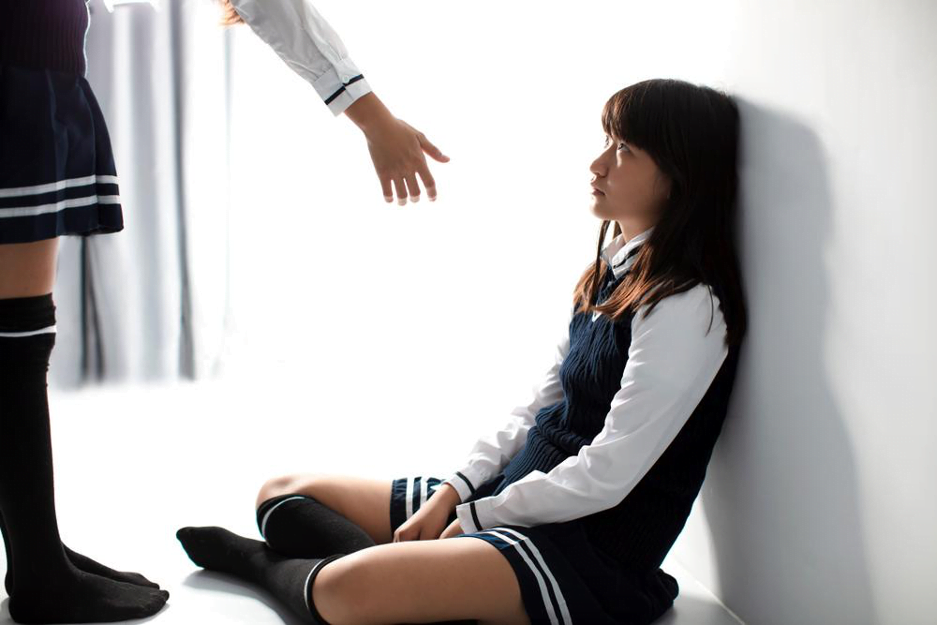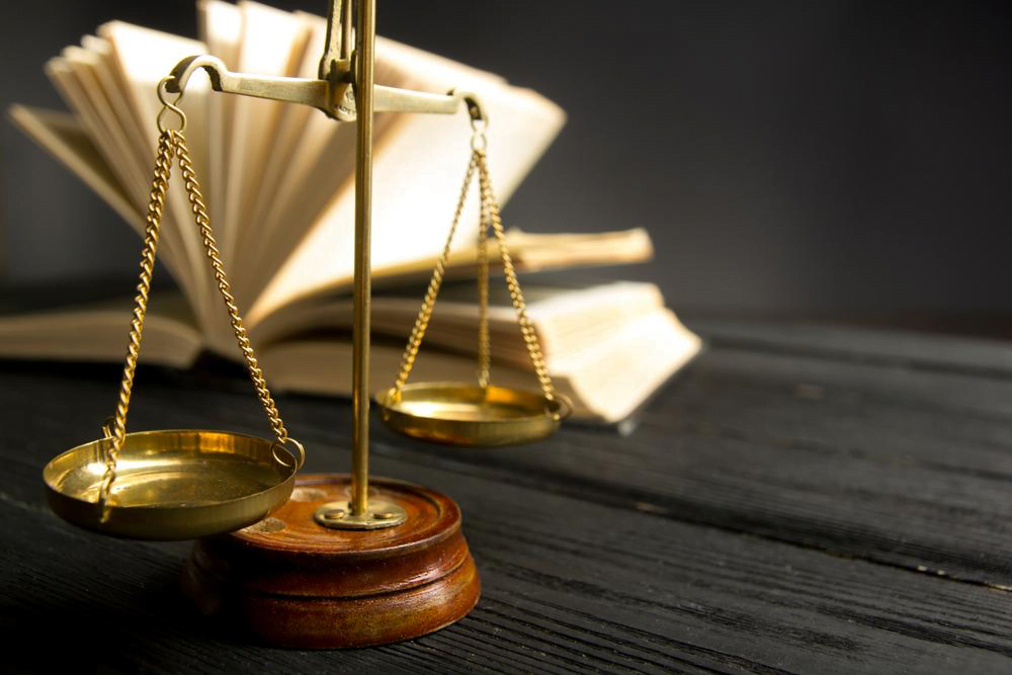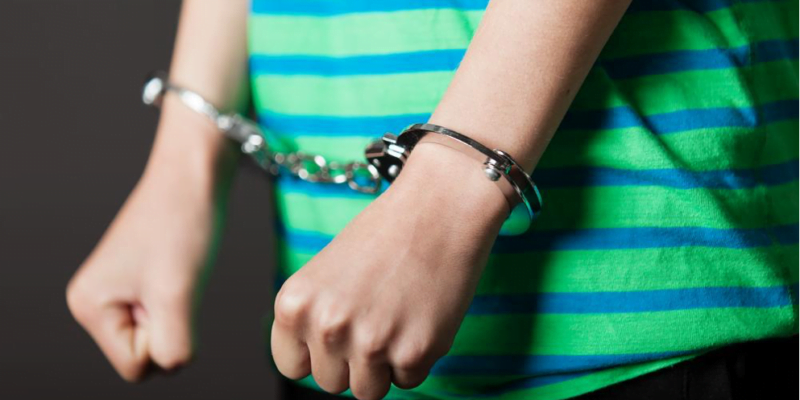If your child has been charged with an offence, this is undoubtedly a scary time for any parent. But it’s absolutely imperative that you remain calm and understand what comes next. With the help of a highly experienced criminal lawyer, you’ll have the support to navigate the complex legal process and ensure your child receives the fairest possible outcome.
As Singapore’s legal system includes Youth Courts, these hear cases about minors who have committed serious criminal offences. However, as these proceedings are civil rather than criminal, children are charged with what’s known as a ‘delinquent act’ rather than a ‘crime’. Following your child’s arrest, all matters relating to their case will be decided inside the Youth Court.
Who is Considered a ‘Youth’ Under Singapore Law?

In Singapore criminal law, there is a distinction made between ‘children’ and a ‘young person’. The former is applied to people aged 14 and under, while the latter corresponds to those aged between 14 and 16. In cases regarding children of this age, the Youth Court will hear offences ranging from gang-related activities and rioting to theft, extortion and unlawful assembly.
Keep in mind that Youth Courts base their decisions around the age of the offender on the day of the hearing rather than when the offence was committed. This can lead to unfortunate situations where those who have turned 16 while waiting to have their case heard will be charged in an adult court.
What Happens in the Youth Court?

When Singapore’s Youth Court hears a case, the judge is joined by two panel advisors who will help preside over the case. These advisors are typically respected community professionals and individuals who have vast experience working with Singapore’s youth. Alongside family court specialists and probation officers, these advisors assist the judge in passing down an appropriate sentence for a child or young person.
When it comes to sentencing in the Youth Court, the justice has a range of options depending on the crime committed. The accused may be discharged, detained or placed on probation, while they may also be placed into the care of relatives or rehabilitation centre staff if deemed necessary. Meanwhile, the court also has the power to request the child’s parents enter into a bond to ensure they provide suitable welfare, rehabilitation and maintenance.
Throughout this process, the Youth Court will take into consideration the strengths, weaknesses and mitigating factors regarding an offender. The court will then hand down a sentence that aims to rehabilitate and reform them as best as possible, although there may also be steps taken to remove an offender from their undesirable surroundings.
In specific cases, the Youth Court will also have to decide compensation for the offender’s victims. In doing so, they will assess the need to protect the broader public and ensure the offender has been adequately punished for their actions.
What Should Parents Do?

As a parent of a child involved in the legal system, the first thing you should do is seek out a respected criminal defence lawyer to provide them with experienced representation. A highly qualified lawyer knows how to ensure your child is treated fairly, while they will also help you understand how your child should plead in court. You should also strive to learn more about Singapore’s laws involving parental responsibility and delinquent acts.
If your child has been charged with a delinquent act and you need experienced legal representation, reach out to our professional criminal defence lawyers. We’ll work alongside your family to provide exceptional support and guide you through this challenging time. With the help of a leading Singapore criminal law firm, you can ensure your child receives the best possible legal advice and obtains a fair outcome.


 3 Fundamental Qualities of an Excellent Criminal Defence Lawyer
3 Fundamental Qualities of an Excellent Criminal Defence Lawyer